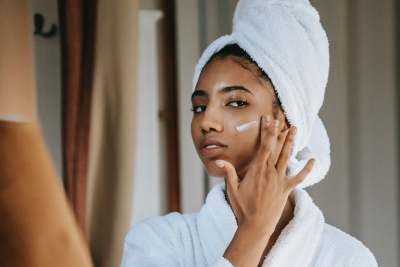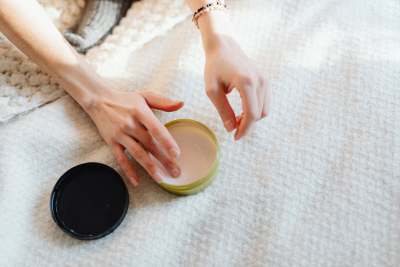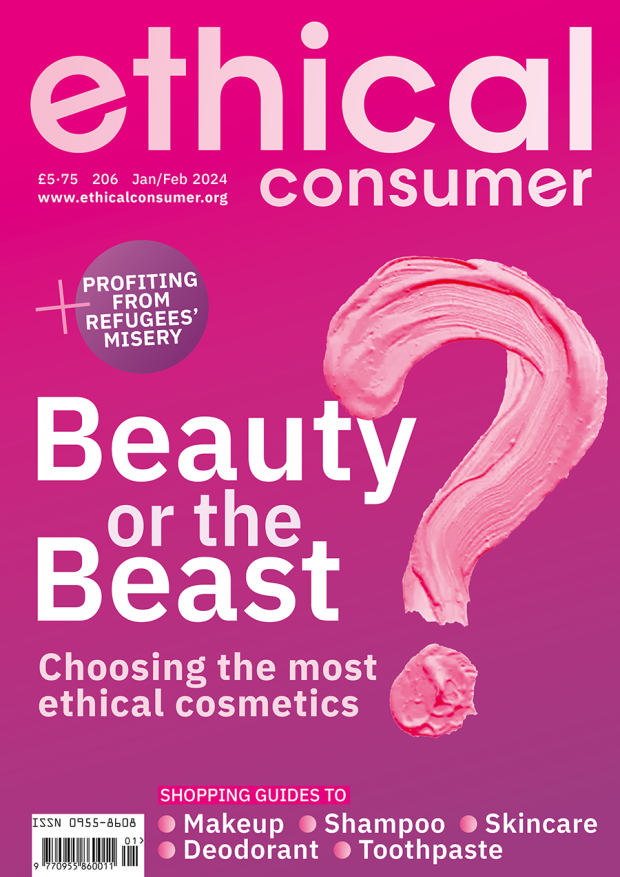Most of us use some kind of skincare, even if it’s just the occasional hand or body lotion. Mainstream brands remain popular but spending on ethical cosmetics has almost doubled over the last decade and there is an array of small brands to choose from, many marketing themselves as natural, eco-friendly, or ethical. But what makes a skincare brand ethical?
One way to answer that question is to consider the many things that make skincare brands unethical. These include animal testing, toxic ingredients, over-packaging, palm oil, and microplastics.
Ethical brands avoid or are taking action on some or all of these things. We look at which brands are doing what, from the designer brands, to high street and small independents.
Is The Body Shop in the guide?
It was announced in February 2024 that The Body Shop's private equity owners, Aurelius, had called in the administrators which was likely to result in shop closures and job losses. We have therefore removed The Body Shop from this guide until we can be sure that the brand will continue to exist and in what format and if Aurelius will continue to be the owners of a restructured Body Shop.
What is natural skincare?
Skincare marketing is often a confusing babble of jargon. With many brands now trying to demonstrate their ethical credentials, it’s even more of a word soup. You might see natural skincare, eco skincare, clean skincare, sustainable skincare, but does any of it actually mean anything?
The word ‘natural’ is bandied about in relation to skincare but there’s no consensus about what it means and there’s certainly no one regulating the use of the word (except for certification schemes, which are voluntary initiatives).
Some use it to mean that products contain ingredients derived from the natural world – mainly plants. But most cosmetics contain at least some ingredients that could be called natural (e.g. water) and there’s no requirement that they contain a certain percentage to be able to use the word. Plus, there are natural ingredients that can be harmful to us while synthetic ones, particularly lab copies of natural substances, may not be bad.
‘Clean skincare’ is an equally unregulated term. It seems to have a slightly different meaning to natural; clean products avoid synthetics considered to be toxic but may include others which are not. ‘Eco-friendly’ and ‘sustainable’ can cover a range of things such as reduced, recycled, recyclable, or refillable packaging, claims of carbon neutrality, or biodegradable ingredients, among other things.
If you want to avoid products that are harmful to the environment, animals, and people, there are some labels and certifications, such as organic and Leaping Bunny, that actually mean something.





